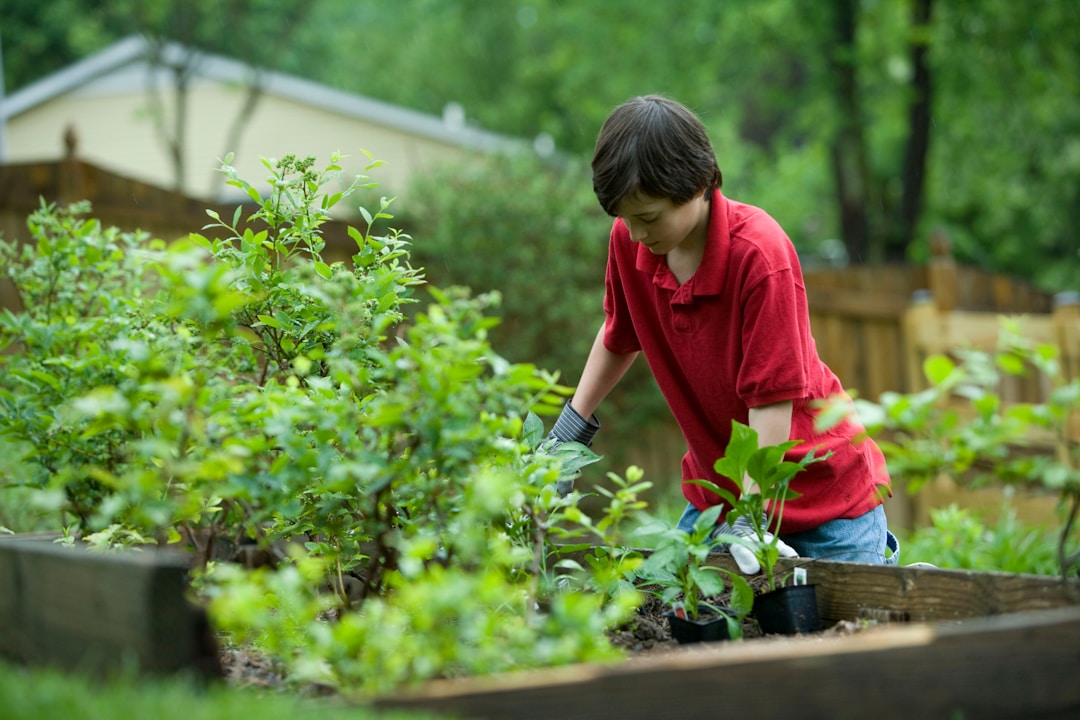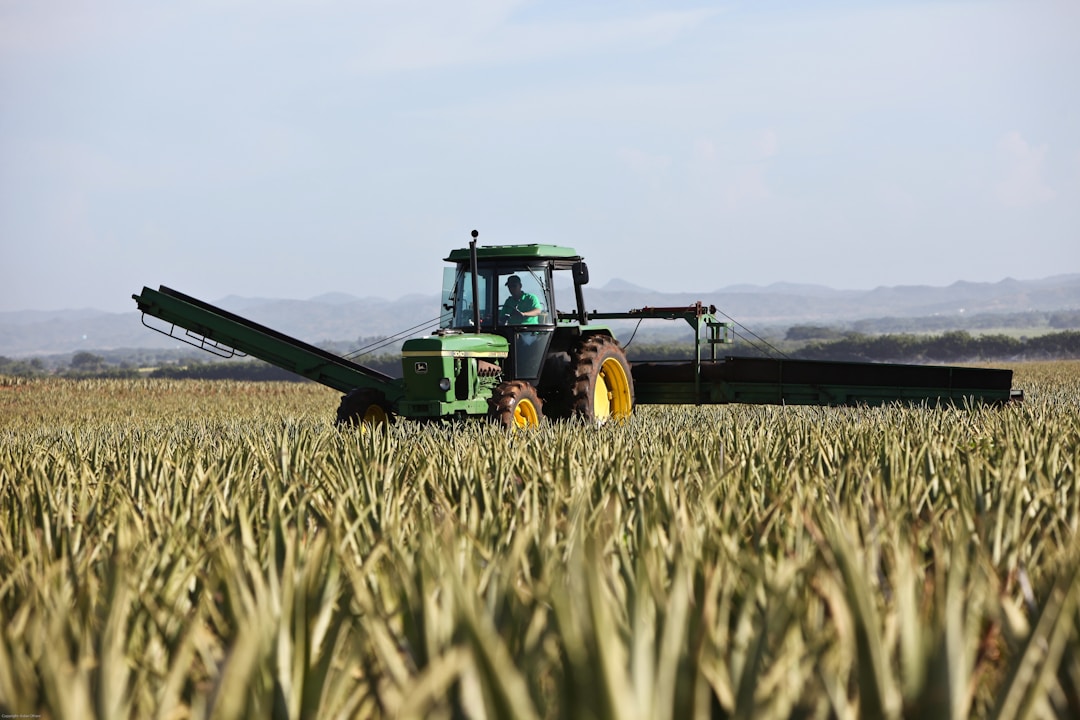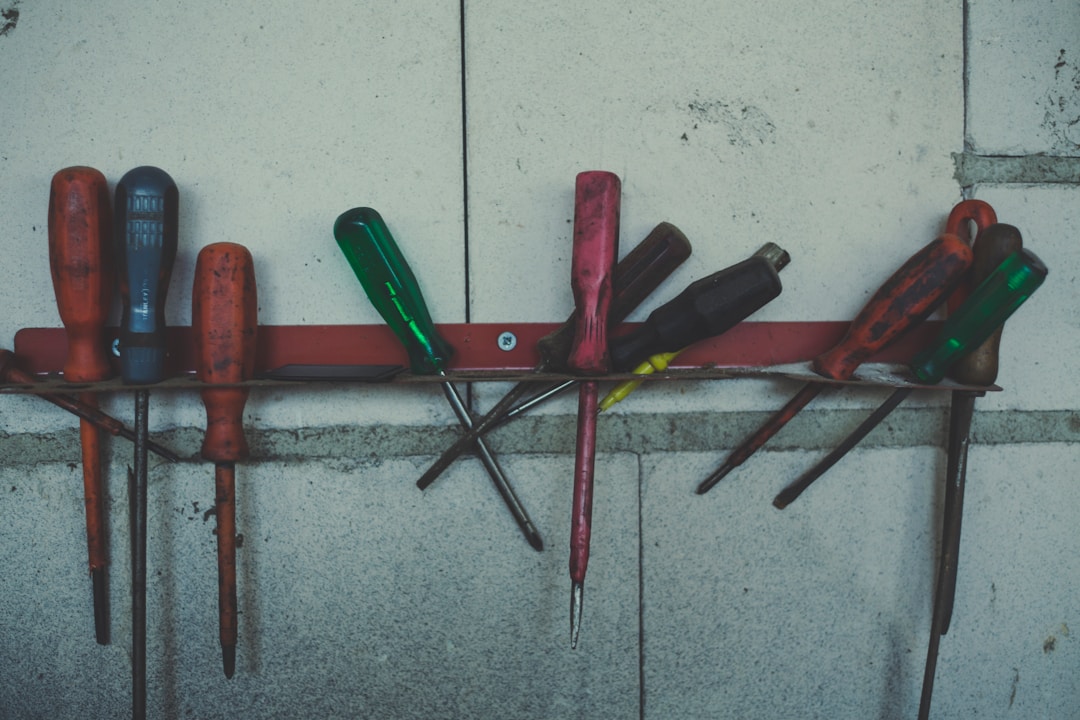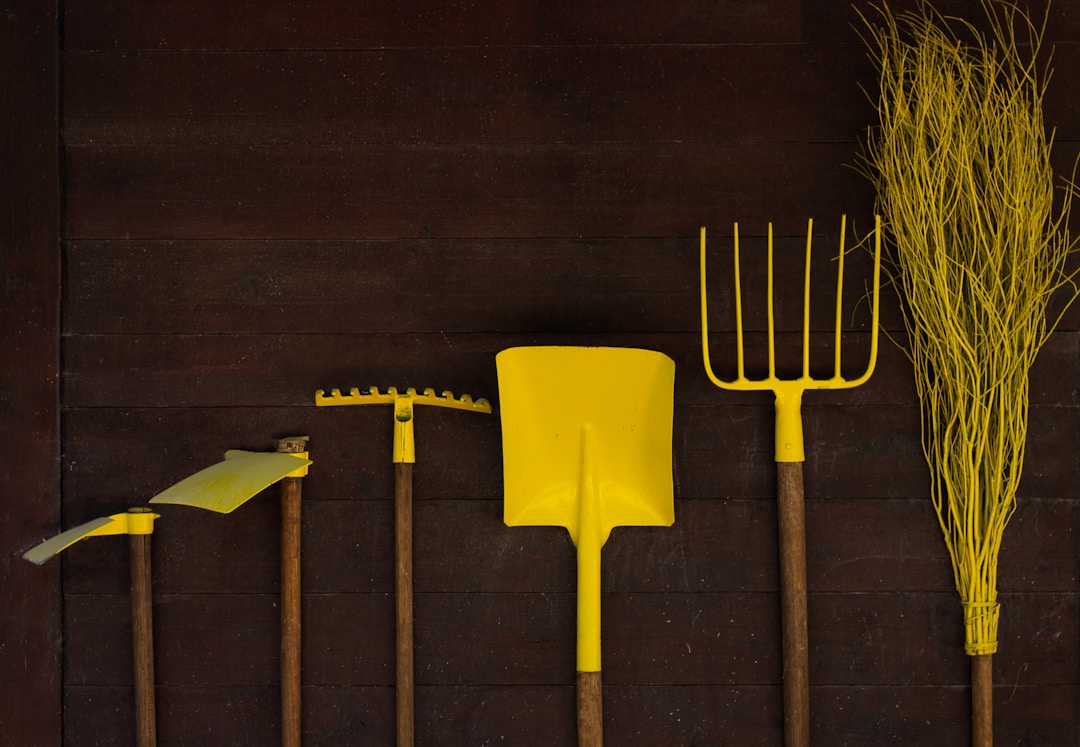Farming is one of the world’s oldest professions. Traditionally, farmers raised livestock or grew produce. A farmer’s goal was to generate goods that could be eaten by consumers. Most farmers were homeowners who farmed their land. Today, farmers still generate food, but they may not live on the property. Farms include commercial enterprises and hobby farms run by homeowners who have a full-time career and supplement their income with their crops or livestock.
Farming is part of the agricultural industry. In 2019, the U.S. economy benefited from $136.1 billion in goods and services American farms generated. To farm effectively, farms need essential equipment to help them complete tasks affordably and efficiently. The tools discussed here are crucial farm tools every farm should have.
1. Fertilizer

Crops delete your soil of essential nutrients. To increase corn yield or your output of wheat or other crops, you need to replenish those nutrients. Fertilizers contain potassium, phosphorus, and nitrogen, which are essential for growing crops. Potassium regulates each plant’s carbon dioxide and water intake, which are essential for plant growth. Phosphorus promotes root growth and strengthens plant stalks, which ensures the plants will grow tall. Phosphorus also accelerates the growth cycle. Nitrogen also plays a crucial role in ensuring crops reach their growth potential. Fertilizers may also include other critical nutrients, such as calcium and zinc, which promote plant growth.
2. Renewable Energy Sources
Commercial farms are located in rural areas and are composed of large sections of land. Farms with livestock may have electric fences, and farmers rely on power tools to perform many tasks, which means their electric bills can be very high, and loss of power can jeopardize their income. The benefits of using solar power include lower electric bills and access to a stable power supply. Solar panels convert sunlight into D.C. power. The solar power transfers to an inverter, which distributes the solar energy to your farm.
You can also use wind power to supplement your farm’s power supply. Wind power is an excellent option for farms located in windy areas. Wind power generates revenue for farms because farmers are compensated for feeding a surplus of renewable energy into the power grid.
3. Farm Machines

Machines simplify and expedite farming. Tractors are crucial. A tractor can be used for plowing fields and transporting equipment and goods. Farmers benefit from installing a GPS unit into their tractors. With GPS units, farmers can identify the right locations to apply fertilizer and plant seeds.
Hay balers transform cut crops into bales. In addition to baling hay, hay balers can package other crops, such as flax straw and cotton.
Farms with livestock will need a livestock trailer to transport animals. Farmers may also benefit from having an all-terrain vehicle (ATV) that can be used to access remote areas on their property. ATVs are also ideal for transporting equipment needed to repair fences.
4. Tool Kit

Farmers need a good tool kit with a wide range of standard tools, such as screwdrivers, wrenches, and hammers. Farmers use tools regularly to repair fences, patch holes in siding, fix water pipes, and post signs. A great tool kit will also include a pocket knife. Farmers use pocket knives to open boxes and cut wire and twine. Ideally, your tool kit will be supplemented by power tools, such as a chainsaw, circular saw, and drill.
5. Garden Tools

Although large equipment is used to till, plant, and harvest fields of crops, there will be times you need to tend to crops by hand. Hoes are used for preparing the soil before planting seeds. You’ll need rakes to remove leaves. Shovels are used to fill wheelbarrows with soil or fertilizer, remove animal waste from barns and stables, and dig holes for equipment. Other essential garden tools include pitchforks, tillers, and weed torches.
Farm tools improve farm efficiency and make it possible to improve crop yield. With the right tools, you’ll be able to perform crucial tasks and repairs. Essential farm tools include fertilizer, renewable energy, farm machinery, tools, and garden tools.













